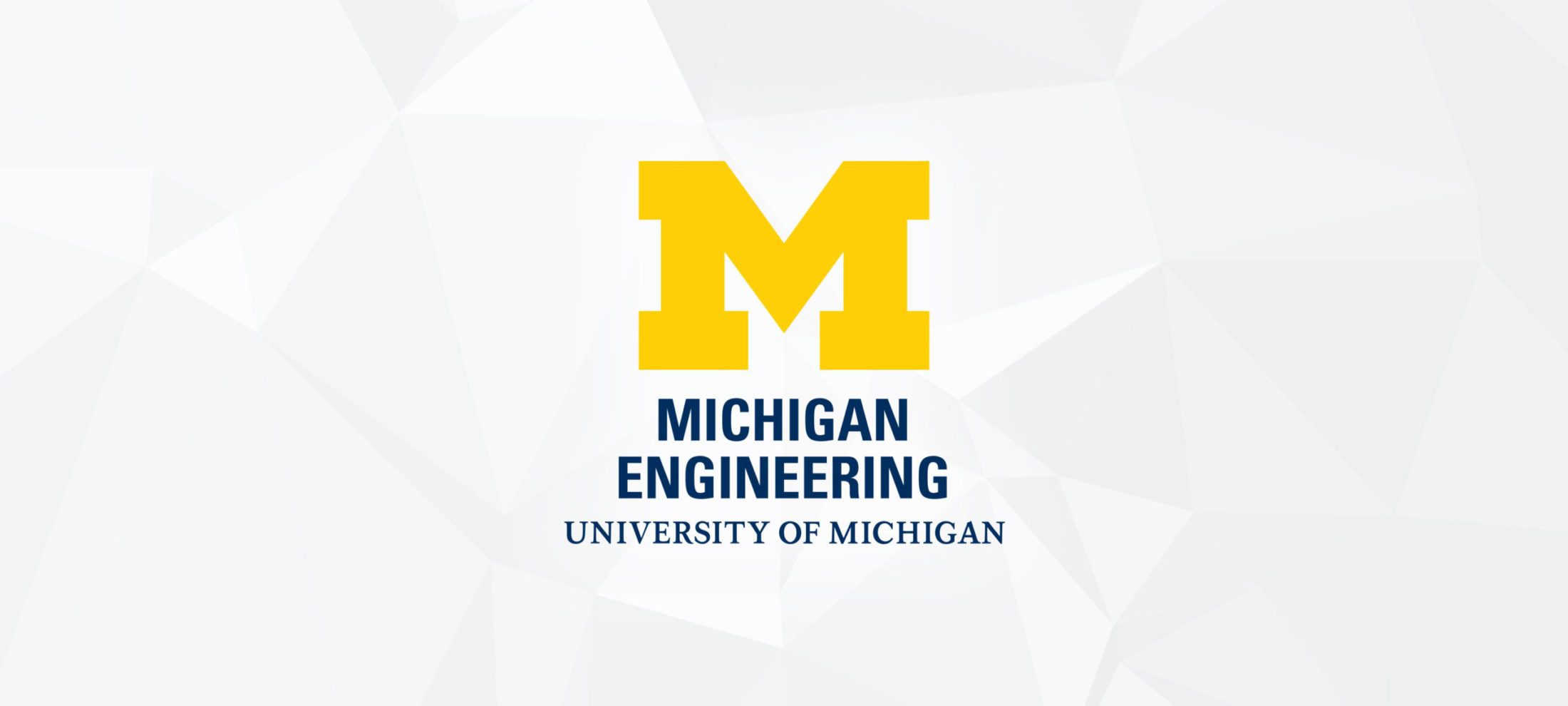
A DEI culture shift
In a letter to the community, Dean Gallimore shares a plan to tackle systemic racism.

In a letter to the community, Dean Gallimore shares a plan to tackle systemic racism.
Dear faculty, staff and students,
In June, I shared with you my experiences and my call to action to seize the moment – to take intentional actions to educate ourselves around issues of systemic racism and unconscious bias that have long led to violence against Black citizens and a lack of equal opportunity.
That message was a united call to action for our entire community, but it was not the only action I took at the College. Today I want to share with you what else we have been working on this summer.
Here in the College of Engineering, we’ve been working on diversity, equity and inclusion for a long time – for almost two decades with some of our programs. We have made great progress – female leadership is at historic levels, more than 60% of our faculty have been educated to overcome unconscious bias in their hiring practices, and opportunities for our community to learn about and share DEI challenges are many. We have also accomplished much through our ME2020 strategic vision, and our DEI Strategic Plan.
But it is not enough. In this time of great stress and uncertainty – both within the University and within our country – it is even more important that we move quickly to address areas of persistent inequity.
The path forward is aligned with our mission to serve the common good. That must be and is our guiding principle in enacting true, lasting progress – not just a few superficial changes. That cannot be done without continuing to weave the tenets of diversity, equity and inclusion into the fabric of our culture.
I believe that, at Michigan Engineering, the job of creating a more diverse, equitable and inclusive community rests not within one organization or group of people, but with all of us. As engineers, we have as much of an obligation as others to tackle this systemic problem:
That is why, this summer, I called upon our College leadership team to push even harder to find mechanisms to enact lasting change.
Today, I am announcing that the focus of our Culture pillar moving forward will be on diversity, equity and inclusion, with a series of major initiatives to take us beyond the five-year strategic plan and into the future of a diverse, equitable and inclusive environment that permeates our community.
We will be building a framework to ensure every member of the engineering community is educated about issues of diversity, equity and inclusion, beginning with a focus on race, ethnicity and unconscious bias. We will also be maintaining and expanding pipelines and pathways to become successful engineers and leaders, and creating tools to ensure the campus is more inclusive and equitable.
These will include:
I believe these initiatives are foundational to lasting change, and will build a framework to allow us to become more effective in our efforts to address other critical matters, such as sexual misconduct, accessibility, harassment and more.
Let me be clear – this process is going to be inclusive, and we are going to listen. You will hear soon from our Director of DEI Sara Pozzi about the current proposals for these initiatives, and how each of you can be involved. This will include community-wide feedback mechanisms, as well as opportunities for small group conversations. We want to hear all perspectives – I fully understand there will be many questions and concerns, particularly around issues of intersectionality. We plan to tackle these all as we embark on this plan.
For now, let me state that I believe it’s critical we start with immediately ensuring that we are not perpetuating or reinforcing systemic racism. We have seen, both through our own data and through the divisive issues that society at large is facing, exactly how urgent this issue is. We can attack multiple “wicked problems” simultaneously, but sometimes you have to seize the moment. Now is a moment for us to take urgent and decisive action to stem the pandemic of racism unapologetically.
I look forward to working with you on this priority throughout the semester, and I thank you again for your continued dedication to our mission to build an inclusive and innovative community of service for the common good.
Alec D. Gallimore, Ph.D.
Robert J. Vlasic Dean of Engineering
Richard F. and Eleanor A. Towner Professor of Engineering
Arthur F. Thurnau Professor, Aerospace Engineering
Jennifer Judge Hensel
Executive Director, Communications & Marketing